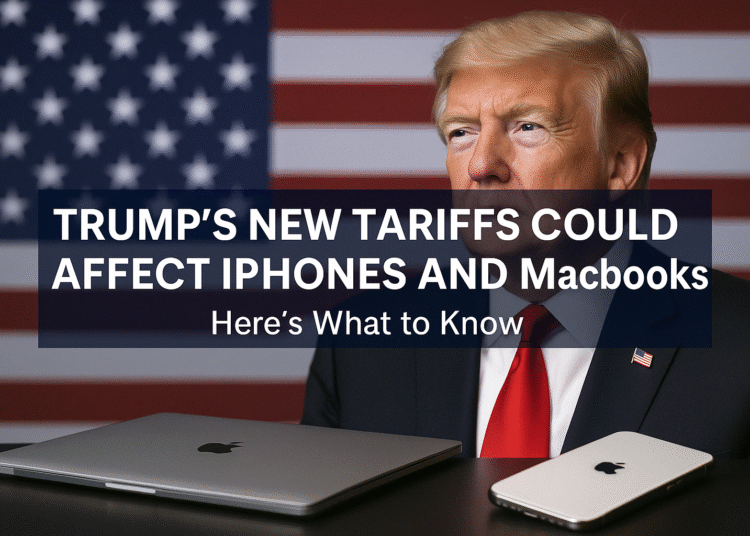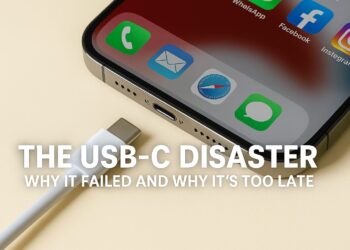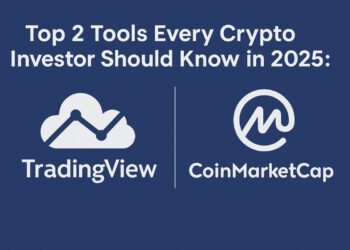Apple devices may dodge tariffs for now, but experts say pricing could change fast if exemptions expire.
Trump tech tariffs 2025 — a phrase now catching fire online — could spell changes for anyone planning to buy new Apple gear this year. While smartphones, laptops, and other popular electronics were recently temporarily exempted from new reciprocal tariffs targeting Chinese imports, officials have hinted that this relief may not last long.
Under the proposed trade measures, the U.S. would impose tariffs of up to 125% on a wide range of imports from China — part of a broader push for what the Trump administration calls “fair and reciprocal trade.” However, products like the iPhone 15, MacBook Pro, and iPad are deeply tied to China’s supply chain, making Apple one of the most exposed companies if exemptions are removed.
Why Apple Is in the Spotlight
According to 9to5Mac, Apple CEO Tim Cook has reportedly been in ongoing discussions with the Trump administration, seeking clarity on tariff timelines and trying to prevent sudden price hikes for U.S. consumers.
So far, Apple has received a temporary break — but Commerce Secretary Howard Lutnick stated that the company “should not count on permanent exemption.” That means prices on future iPhone and MacBook models could rise quickly if the situation shifts.
What This Means for You
If you’re planning to buy a new Apple device in 2025, it may be wise to act sooner rather than later. Should the exemptions expire, Apple might need to pass additional costs on to U.S. buyers. While Apple often absorbs short-term costs, prolonged tariffs could result in price increases, trimmed features, or delays in product rollouts.
And it’s not just Apple. Other tech brands with Chinese manufacturing roots — from Dell and Lenovo to ASUS and Google — could also face ripple effects, making 2025 a tricky year for tech shoppers.
Looking Ahead
Whether these tariffs fully materialize or remain a political bargaining chip, their potential impact on the tech sector is real. As trade tensions evolve, companies like Apple may be forced to rethink manufacturing hubs and pricing models — and that shift will likely affect consumers first.
What Industry Analysts Are Saying
Several tech and trade analysts have voiced concern over the potential long-term impact of the tariffs. According to Forrester Research, if tariffs are applied to Apple and other major OEMs, it could lead to price hikes of up to 15% across flagship smartphones and laptops in the U.S. market. “This isn’t just a supply chain issue — it’s a consumer access issue,” one analyst noted, referencing how price-sensitive buyers may delay or cancel tech upgrades entirely.
Can Apple Shift Production Fast Enough?
Apple has made efforts in recent years to diversify its supply chain, moving some production to India and Vietnam. However, China still handles the majority of iPhone assembly and key component manufacturing. Shifting large-scale production outside of China is a slow, expensive process. If tariffs are imposed quickly, Apple may have no choice but to absorb short-term costs or pass them on to consumers.
Will This Affect Apple’s Fall Product Lineup?
Fall is traditionally Apple’s biggest release window, with new iPhones, iPads, and Macs typically unveiled in September. If tariffs escalate over the summer, it could disrupt production schedules or limit the initial rollout of new devices. Apple may also reconsider how it prices entry-level products — like the base iPhone SE — which are more sensitive to small increases in manufacturing cost.
What Should Consumers Do Now?
For buyers on the fence about upgrading, now may be the best time to purchase before pricing or availability shifts. While the exemption currently protects U.S. consumers, any policy reversal could happen with little warning. Experts suggest watching major tech outlets or Apple’s own statements in the coming months for signs of adjustment. And for those looking to stretch their dollar, consider exploring certified refurbished options now, while inventory is stable.
Stay tuned to WbTrends.com for real-time updates on tech news, trade policy, and how changes in Washington could hit your wallet — one tariff at a time.








